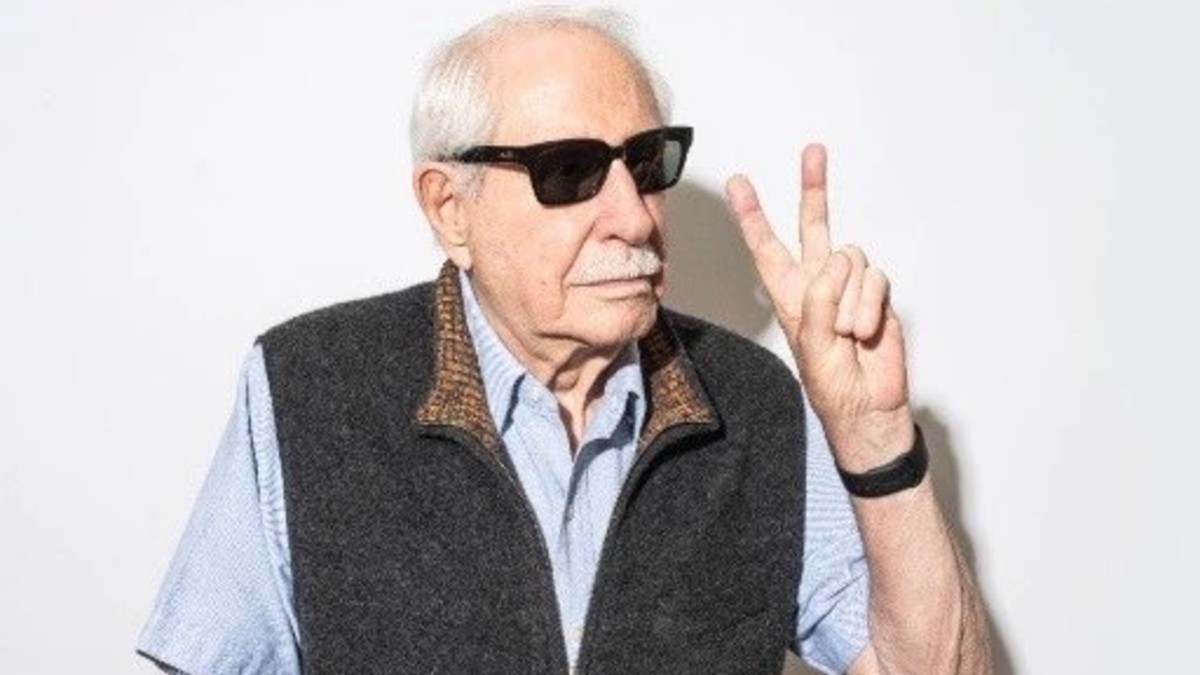
He again criticized American wars and vowed to slash military spending.

Gravel briefly ran for the Democratic nomination for president in 2020. He failed to get the Libertarian nomination. In an email to supporters, he said the Democratic Party "no longer represents my vision for our great country." "It is a party that continues to sustain war, the military-industrial complex and imperialism - all of which I find anathema to my views," he said. Gravel then ran as a Libertarian candidate after he was excluded from later Democratic debates. Obama replied: "I'm not planning to nuke anybody right now, Mike." "Tell me, Barack, who do you want to nuke?" Gravel said. In one 2007 debate, the issue of the possibility of using nuclear weapons against Iran came up, and Gravel confronted then-Sen. Gravel garnered attention for his fiery comments at Democratic forums. He hitched his campaign to an effort that would give all policy decisions to the people through a direct vote, including health care reform and declarations of war. "I believe America is doing harm every day our troops remain in Iraq - harm to ourselves and to the prospects for peace in the world," Gravel said in 2006. He launched his quest for the 2008 Democratic presidential nomination as a critic of the Iraq war. Gravel, then 75, and his wife, Whitney, took public transportation in 2006 to announce he was running for president as a Democrat in the 2008 election ultimately won by Obama. Gravel reentered national politics decades after his time in the Senate to twice run for president. In 1971, he led a one-man filibuster to protest the Vietnam-era draft and he read into the Congressional Record 4,100 pages of the 7,000-page leaked document known as the Pentagon Papers, the Defense Department's history of the country's early involvement in Vietnam. Gravel's Senate tenure also was notable for his anti-war activity. It was one of the last bills Carter signed before leaving office. In the end, Congress passed the Alaska National Interest Lands Conservation Act of 1980, a compromise that set aside millions of acres for national parks, wildlife refuges and other protected areas. Gravel feuded with Alaska's other senator, Republican Ted Stevens, on the land matter, preferring to fight Carter's actions and rejecting Stevens' advocacy for a compromise. He had the unenviable position of being an Alaska Democrat when some residents were burning President Jimmy Carter in effigy for his measures to place large sections of public lands in the state under protection from development.
#MIKE GRAVEL HOW TO#
Gravel's two terms came during tumultuous years for Alaska when construction of the trans-Alaska oil pipeline was authorized and when Congress was deciding how to settle Alaska Native land claims and whether to classify enormous amounts of federal land as parks, preserves and monuments.

Gravel had been living in Seaside, California, and was in failing health, said Theodore W. Gravel, who represented Alaska as a Democrat in the Senate from 1969 to 1981, died Saturday, according to his daughter, Lynne Mosier. senator from Alaska who read the Pentagon Papers into the Congressional Record and confronted Barack Obama about nuclear weapons during a later presidential run, has died.


 0 kommentar(er)
0 kommentar(er)
